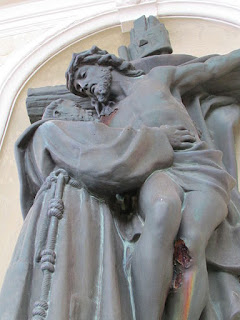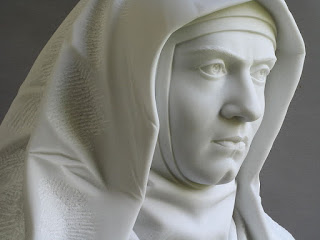Worth Revisiting - Musings On Sin and the Salvation of Souls

Thank you once again, Allison Gingras at Reconciled To You and Elizabeth Riordan at Theology Is A Verb for hosting Worth Revisiting each week. It is a privilege to share our work with you and your followers . Musings on Sin and The Salvation of Souls (Originally published May 13, 2013) (Image Source: Wikimedia Commons ) If one un-confessed mortal sin will result in eternal damnation, then how can we be so complacent about sin and about the salvation of souls? Why are so many in the Catholic Church lightening quick to voice their public support for favored legislative proposals like immigration and health care reforms, international treaties, global warming initiatives or gun control, but virtually silent on the teachings of Humanae Vitae , or when the military seeks to prohibit a soldier or his chaplain from sharing their faith, or when self-identified Catholic politicians persistently and obstinately s...
















